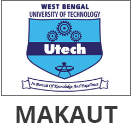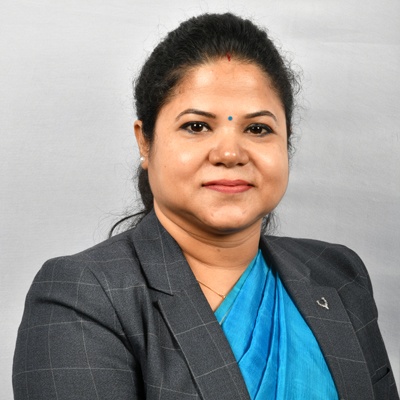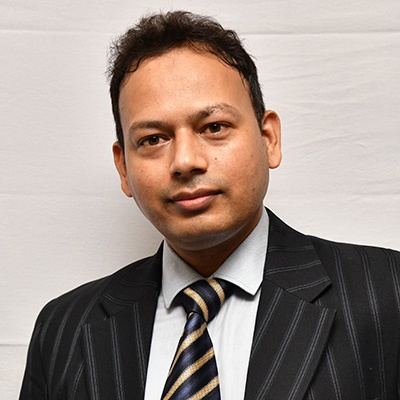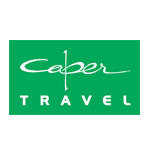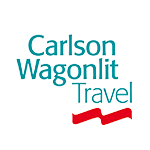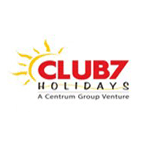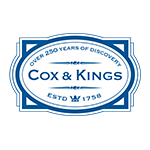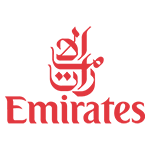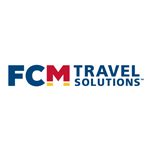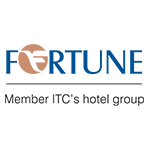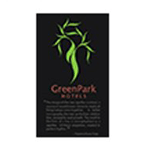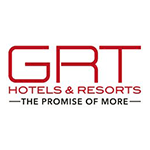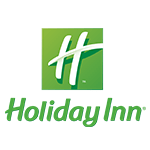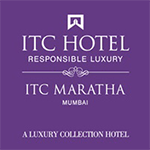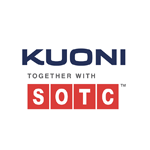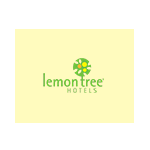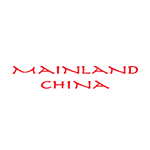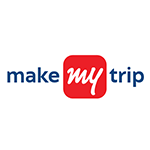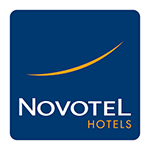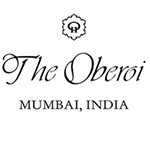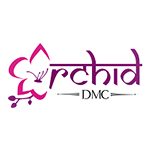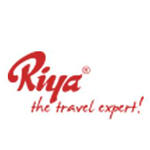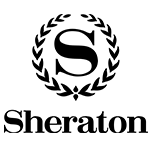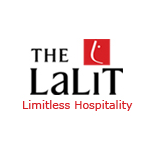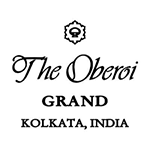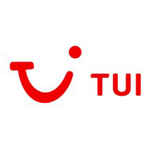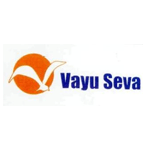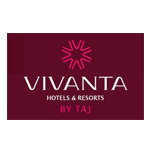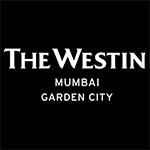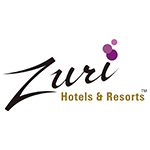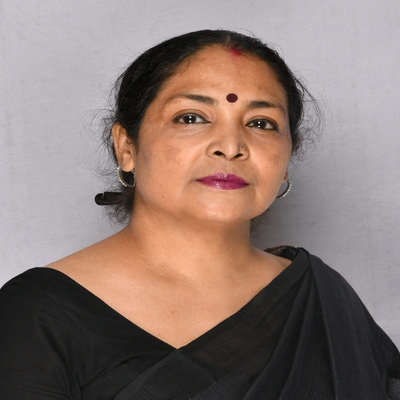- Home
- About Us
- Courses
- NSHM Business School
- BBA (Bachelor of Business Administration)
- BBA – Hospital Management
- BBA – Global Business
- BBA – Sports Management
- BBA – Accountancy, Taxation & Auditing
- BBA – Accountancy, Taxation and Auditing + BSE Certification
- BBA – Banking & Financial Services
- MBA (Master of Business Administration)
- Executive MBA
- MHA (Master of Hospital Administration)
- NSHM Institute of Health Sciences
- Bachelor of Pharmacy
- Bachelor of Pharmacy (Lateral)
- Bachelor of Optometry
- B.Sc. – Psychology
- B.Sc. – Dietetics and Nutrition
- B.Sc. – Medical Lab Technology
- B.Sc. – Radiology & Medical Imaging Technology
- B.Sc. – Critical Care Technology
- B.Sc. – Yoga
- Master of Optometry
- Master of Optometry (BL)
- Master of Pharmacy – Pharmacology
- Master of Pharmacy – Pharmaceutics
- Master of Public Health
- Master of Public Health (BL)
- M.Sc. – Clinical Psychology
- M.Sc. – Dietetics and Nutrition
- M.Sc. – Medical Lab Technology
- M.Sc. – Radiology & Imaging Technology
- M.Sc. – Yoga
- M.Sc. – Yoga (BL)
- NSHM Design School
- NSHM Institute of Computing & Analytics
- NSHM Institute of Engineering & Technology
- B. Tech. – Mechanical Engineering
- B. Tech. – Mechanical Engineering (Lateral)
- B. Tech. in Civil Engineering
- B. Tech. – Civil Engineering (Lateral)
- B. Tech. – Computer Science Engineering
- B. Tech. – Computer Science Engineering (Lateral)
- B. Tech. – Electronics & Communication Engineering
- B. Tech. – Electronics & Communication Engineering (Lateral)
- B. Tech. – Artificial Intelligence and Machine Learning
- B. Tech. – Artificial Intelligence and Machine Learning (Lateral)
- B. Tech. – Electrical Engineering
- B. Tech. – Electrical Engineering (Lateral)
- B. Tech. – Data Science
- B. Tech. – Data Science (Lateral)
- NSHM Institute of Hotel & Tourism Management
- BBA – Aviation Hospitality Services and Management
- BBA – Travel & Tourism Management
- B.Sc. – Culinary Science
- Bachelor of Hotel Management & Catering Technology
- B.Sc. – Hospitality & Hotel Administration
- Master of Tourism & Travel Management
- Master of Tourism & Travel Management (BL)
- M.Sc. – Hospitality Management
- M.Sc. – Hospitality Management (BL)
- NSHM Institute of Nursing
- NSHM Media School
- NSHM Institute of Pharmaceutical Technology
- NSHM Business School
- Schools & Campuses
- Beyond Academics
- Admissions
- News & Events
- Contact Us
Overview

The tourism industry in India is witnessing a period of exponential growth. It has now become signifi¬cant in India, contributing to around 10% of the Gross Domestic Product (GDP). This increased tourism scenario in India has created jobs in a variety of related sectors, both directly and indirectly. Almost 20 million people are now working in India’s Tourism Industry. Travel and Tourism Council (WTTC) report says, Travel and Tourism industry could recover more than 58 million jobs and generate $8.6 trillion in 2022,which would boost economic recovery around the world.
NSHM has a state-of-the-art infrastructure facility and an excellent academic ambience best suited for producing leaders of the future. BBA (Travel & Tourism Management) course was introduced at NSHM Durgapur 16 years back in 2006. In the last 16 years, 13 batches have successfully graduated in Travel & Tourism Management. They are now placed in the industry and are working at various places around the globe.
Programme Education Objective
- To inculcate the essence of tourism culture and rich legacy of India amongst students and provide them with International certification from IATA, Canada
- Educate them on reservation and ticketing through certification on International Global Distribution System (GDS) from Amadeus
- Hands-on industrial training in MNCs and DMCs
- Practical exposure through Educational Tour
Career Opportunities
Travel and tourism industry in India is the second largest foreign exchange earner. In India, the travel industry hopes to create 46 million job opportunities by 2025. The numbers of trained manpower to cater to the demand will increase in coming years. Students can get job in the following sectors:
- Destination management companies (DMCs)
- Leisure management companies
- Tourism organizations
- Airlines
- Airports
- State tourism development corporations
- Hospitality sector
- Cruise lines
- Travel BPOs
- Online travel companies
- Event management organizations
- Self-employment through entrepreneurship
Programme Structure
Core Curriculum
Travel Agency & Tour Operation Management
Tourism History, Principles & Practices
popular cultural traditions and cultural interpretations, approaches of anthropology and history, historical experiences, records and narrative descriptions of past matter, continuum of events pertaining to a culture, fundamental concepts, growth and development of tourism, potential of tourism industry in India and world, concepts of tourism, measurement of tourism, and impact of tourism.
Tourism Products and Destination Management
concept of tourism product, different tourism product, geographical features, familiarization with the important natural and manmade tourism of India, Fundamentals of tour, components of tour, selling package tours and application of tour package in inbound and outbound tour, tour operations like itinerary preparation and costing of the tour package, etc.
Computer and Communication
Fundamentals of Database, Database Management system, computer application in tourism studies, use of databases and computer within the tourism industry, process flow of information – intranet and extranet, business communication, internal and external communication, inteactions B2B, B2C, organizational goals and company values.
Destination Development & Planning
Destination Development
Appraise the factors affecting destination planning , steps involved in planning , necessary consederations,socio economic appraisal, destination life-cycle, sustainability
Tourism Policy & Planning
Growth & development of Indian tourism , domestic tourism trends in india, comparative analysis of Indian tourism & world tourism, objectives, methods,steps , hinderances & thrust areas of tourism planning, National Tourism Policy of india& 5 year plans , factors influencing tourism policy , Legal and regulatory framework, Tourism Act and Package Tour Regulations.
Airlines and Air Fare Management
Tourism Geography and International Tourism
Understanding of physical and cultural factors influencing tourism, geographic aspects of international tourism, locations of major attractions, geographic, political, social and economic factors, international tourist documents, legalities, SDG goals related to travel and tourism
Airlines & Airfare Management
Overview of the airline industry, underlying marketing, financial, operational, and other factors influencing airline management, fare and rule components that define the airfare product, services and price: origin, destination pair, fare class, one-way, round-trip indicator, fare amount, validity dates, mileage and other rules.
Global Distribution System
Computerised network system, agency, governance, transactions between travel industry service providers, mainly airlines, hotels, car rental companies, and travel agencies.
Events, Niche & Alternative Tourism
Customer Relationship and Event Management
Managing past and potential customers, analysis of interactions with past, current and potential customers, CRM, application of project management, MICE, creation and development of small and/or large-scale personal or corporate events such as festivals, conferences, ceremonies, weddings, formal parties, concerts, or conventions.
Niche & Alternative Tourism
Niche market segments, particular or distinct features, personalized services, tailor made tourism products, specific needs analysis, niche markets, holistic, in-depth analysis of a contemporary phenomenon, real-life contexts, Case studies on niche & alternative tourism.
Sustanibility & Tourism
Environment & Tourism
Interconnectivity of environment & tourism industry, environment sustainability and tourism, different spheres of environment, environment degradation , cause & remedies , sustainability & its development ; AGENDA 21, Earth Summit, and other international conventions & declarations , Transitioning from Millenium goals to sustainable goals
Sustainable tourism development
Understanding of topographical analysis, analysis of local resources & land use pattern – Environmental Impact Assessment (EIA)& Environmental Management System (EMS) & Community Participation evaluation of Socio- Economic and Cultural Conditions & impacts of Tourism, introduction to Zoning System – Carrying capacity & its type
Travel Agency Management
A Travel Agent may be an individual, a business firm, or company, which acts as an intermediary in the sales and promotions of different travel related services, such as accommodation, airlines, railways, road transport, cruises on behalf of the suppliers and earns commission received on selling services to its clients. It is referred to an individual or a company responsible for arranging for Tickets – for travel by air, rail, ship, passport, visa, etc. They may also arrange accommodation, tours entertainment and other tourism related services.
Tour Package Operations
Tour Operators assemble accommodation, transportation, and other travel services into a package for resale through travel agents or even sell them directly.A tour operator sells a packaged holiday including the hotel, the flight, local sightseeing tours and all the other expenses. Tour Operators are also called as Destination Management Companies (DMCs).The package is an all-inclusive holiday, which is generally lower than if the different parts of the holiday had been booked individually. Packages can be escorted or not, they may be for two people or a group, but they will always be cheaper than if bought individually
Airfare and Ticketing
A passenger service system (PSS) is a suite of software modules, supporting interactions between the carrier and its customers. Its key components are a central or airline reservation system (CRS), an inventory control system (ICS), and a departure control system (DCS). A central reservation system (CRS), also called an airline or computer reservation system, serves as storage for flight-related information like schedules, fares and rules for each booking class, passenger name records (PNRs), e-tickets, etc. It is also involved in managing booking requests and ticket issuing. Some airlines run their own CRS that may come as a part of the PSS. Yet, many carriers prefer to host and manage reservations on one of the GDSs.
Programme Type - UG
Duration - 3 or 4 years
Minimum Eligibility - 10+2 passed in any stream from a recognised board. Candidates appearing for Class XII final can also apply.
Degree Awarded By -
